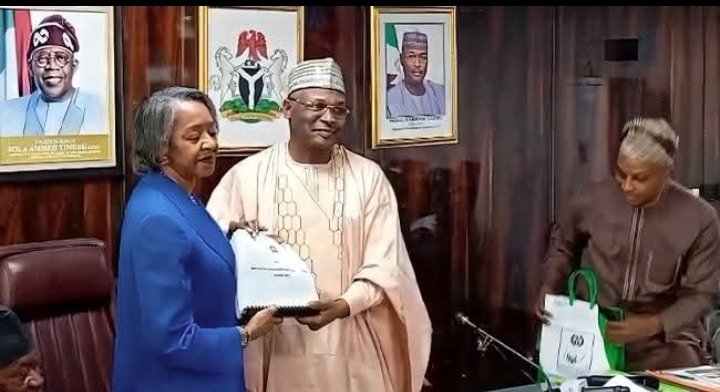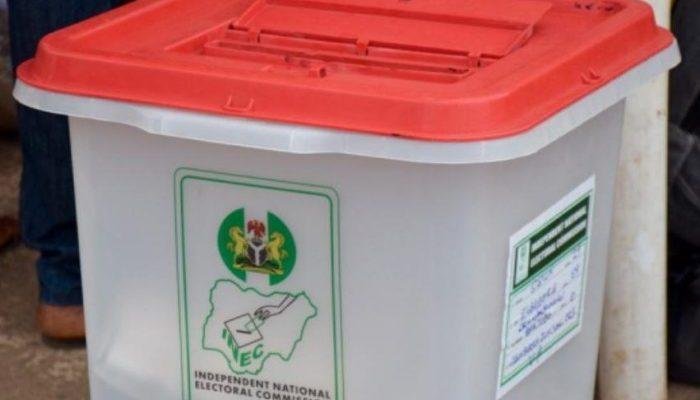As Professor Mahmood Yakubu approaches the end of his tenure as Chairman of the Independent National Electoral Commission (INEC), he does not stride into history as a statesman or a reformer. Instead, he fades away with head bowed; a cautionary tale; a figure draped not in honour, but in the tattered robes of missed opportunities and eroded public trust.
Appointed with the weight of national hope on his shoulders, Yakubu was handed a rare assignment: to steer Nigeria’s democratic process into credibility, stability, and dignity. He inherited not just a title, but the expectations of millions who had been serially betrayed by the ballot.
He had the tools, the laws, the goodwill – even the technology and a sound background as professor of History. But when it mattered most, he blinked.
In 2023, the nation stood still – watchful, skeptical, but willing to believe. Who will forget those Chatham House assurances? Nigerians travelled long distances, stood under sun and rain, clutched at the promise of BVAS and IReV, and cast their votes with cautious optimism. But when the hour of reckoning arrived, Professor Yakubu folded. His INEC collapsed under pressure, obfuscated the truth, and delivered an election that reeked more of orchestration than organisation.
Rather than rise above the fray, he sank beneath it. When transparency was demanded, he gave opacity. When the law prescribed a path, he found detours. In moments that called for courage, he embraced comfort. His stewardship was not marked by principled defiance of political pressure, but by an unsettling willingness to accommodate it.
And so, what should have been a defining chapter in Nigeria’s democratic story became yet another stain – one that will not wash off easily.
Yakubu will undoubtedly point to state-level successes, incremental reforms, or the complexities of Nigeria’s political terrain as either “accomplishments” or excuses. But none of that can obscure the central truth: he presided over a general election that deepened mistrust, endangered legitimacy, and robbed citizens of belief in the system.

Legacy is not built on press conferences or policy documents; it is written in the hearts of the people. And in that regard, Mahmood Yakubu leaves behind not a legacy, but a vacuum.
He will approach the door post of history as a tattered emblem and a mere caricature; History will record his name – not as a man who safeguarded democracy, but as one who squandered a generational moment. He was not neutral; he was not bold. He was, at best, pliant. At worst, complicit.
Now, as he exits the stage, there will be no standing ovation. Only silence. And questions. And the cold memory of what might have been.
Ken Ihedioha writes from Lagos
![]()



